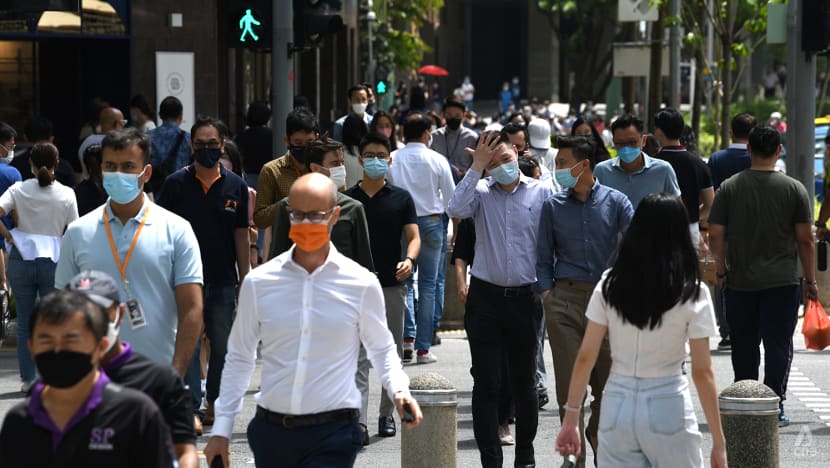Money Talks Podcast: Navigating personal bankruptcy in Singapore
Singapore saw its highest surge of personal bankruptcy applications in 2023.
.jpg?itok=LP2Du2XI)
Jump to these key moments:
- 00:49 News highlights: Ninja Van layoffs, Revolut hits a high
- 4:27 Bankruptcy in Singapore
- 13:21 What you cannot do as a bankrupt
- 17:58 Misconceptions of bankruptcy
- 19:00 Negotiating an exit strategy

Here's an excerpt from the podcast:
Andrea Heng:
So what is one common misconception that people have about being declared bankrupt?
Claudia Khoo:
One common misconception is that (for) those who stay in HDB (flats), they think that their house will be forced to be sold and they will have no place to live. HDBs are very special. They do not vest in the official assignee or the private trustees. So to put it bluntly, you get to keep your HDB.
Andrea:
You have a roof over your head while having to deal with your debt.
Claudia:
But this is not the same if you have a private property, of course.
Andrea:
Okay, so that private property ends up being collateral then.
Claudia:
In a way, the private trustees, they are not that harsh. They will look at a bankrupt’s income, expenses and what they have to provide for the family in order to determine whether or not a private property should be sold, and then for the proceeds to be divided to the creditors. So they will do a holistic assessment of what the bankrupt has. And it's not often, oh, you own a condo, or you stay in a landed (property), and I'm going to sell it and then I'm going to give it to the creditors. It is on a case by case basis.
Andrea:
Okay ... How do we decide then if bankruptcy or declaring yourself bankrupt, is the best solution for your debt situation?
Claudia:
I would think that if I was at my wit's end, I have no money to pay these banks, and there's just simply nothing I can do to have some temporary reprieve to pay for these loans, then I would consider self-petitioning for bankruptcy. If for example, I do have potential business deals, I do have potential white knight investors because, like I mentioned, most of these people who are judged bankrupts are guarantors of companies. Then I would say, hang on, try and get a deal done, present it to your creditor to ask them whether they would consider it. Because at the end of the day, even if I am judged a bankrupt, my creditor might not recover much, let alone the full sum. So it might be more prudent as well for me and the creditor to give me some time to formulate some sort of plan with a potential investor to see if everyone can walk away happy.












